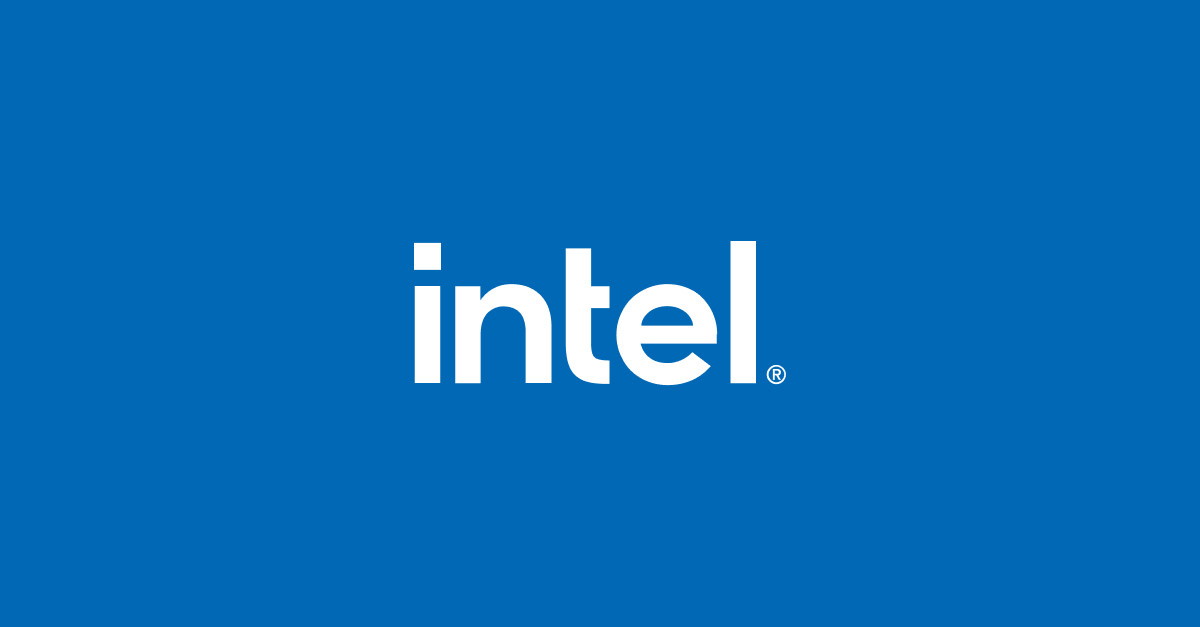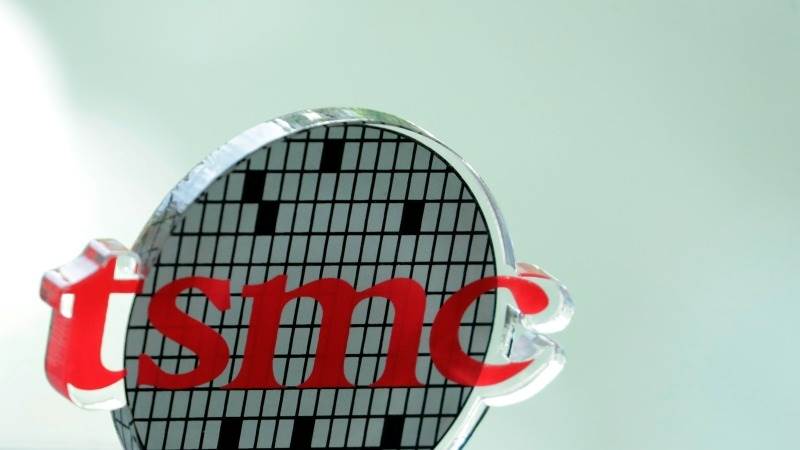The US Department of Commerce announced on Friday that Intel Semiconductor (Dalian) Co Ltd, Samsung China Semiconductor Co Ltd, and SK Hynix Semiconductor (China) Ltd would be removed from the VEU list. The decision effectively eliminates a mechanism that allowed the firms to import certain chipmaking equipment without repeatedly applying for licenses.

China’s Ministry of Commerce has condemned Washington’s decision to revoke “validated end-user” (VEU) authorizations for three semiconductor companies operating in China, calling the move a misuse of export controls that threatens global supply chains. In a statement issued on Saturday night, Beijing urged the United States to “immediately correct its wrongdoings” and safeguard the security of global industrial systems.
The US Department of Commerce announced on Friday that Intel Semiconductor (Dalian) Co Ltd, Samsung China Semiconductor Co Ltd, and SK Hynix Semiconductor (China) Ltd would be removed from the VEU list. The decision effectively eliminates a mechanism that allowed the firms to import certain chipmaking equipment without repeatedly applying for licenses.
China warns of global consequences
A ministry spokesperson said the US action, “driven by self-interest,” has turned export controls into a political weapon. The measure, they added, will have a “serious negative impact on the stability of the global semiconductor industry and supply chains.”“Semiconductors are a highly globalized sector shaped over decades by market forces and business choices,” the spokesperson said, stressing that Beijing will take “necessary measures to firmly safeguard the legitimate rights and interests of its enterprises.”
What do we know about VEU system?
The VEU system dates back to 2023, when the Biden administration granted South Korean chipmakers Samsung and SK Hynix indefinite exemptions from broader restrictions that bar the export of advanced chipmaking equipment to China. These waivers were seen as a pragmatic step, allowing the firms to sustain and expand their major operations in the world’s largest semiconductor market.By revoking the waivers, Washington has signaled that it wants to close what it views as loopholes in export controls. The US Commerce Department stated that it had “no intention of granting licenses that would allow companies to expand capacity or upgrade technology” at their manufacturing facilities in China.
Impact on South Korean chipmakers
The decision poses risks for Samsung Electronics and SK Hynix, both of which rely heavily on China for memory chip production. These components are essential for smartphones, laptops, and other consumer electronics, much of which are assembled in China.In a statement, SK Hynix said it would maintain close communication with both the South Korean and US governments to minimize the impact on its operations. Samsung has not yet issued a formal response.
The announcement also affects a former Intel unit in Dalian, now owned by SK Hynix. Under the new rules, the companies have 120 days before the waivers expire, after which they must apply for individual licenses to continue importing necessary equipment.
US justification
According to Under Secretary of Commerce Jeffrey Kessler, the step is part of a broader effort to tighten export controls that, in Washington’s view, had disadvantaged American firms. “The Trump administration is committed to closing export control loopholes particularly those that put US companies at a competitive disadvantage,” Kessler said.Officials argue that the previous waivers effectively supported foreign competitors without yielding reciprocal benefits for US manufacturers. The decision is intended to limit Beijing’s ability to access advanced technologies while bolstering America’s strategic edge in semiconductor innovation.
The revocation highlights the intensifying struggle over semiconductors, a sector central to military, economic, and technological power. China views the move as part of Washington’s broader strategy to contain its rise in advanced technology, while the US insists the restrictions are vital to protect national security and competitiveness.


